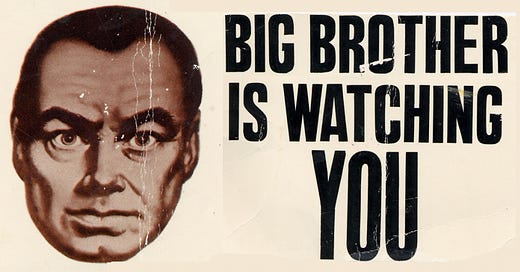I am picky about words. Particular, you might say. Finicky, even.
I make my living by understanding exactly what words denote and connote, and deploying them to my purpose.
The most common grammatical error I make is to start writing a sentence one way, and then decide that it works better another way, but leave a fragment of the original sentence in the final.
Aside from that, though, if I use a word it’s because I chose that word, out of the universe of words, for its denotation and connotation. Reciprocally, if you use a word, I will assume that you chose that word, out of a universe of words, because you think its denotation is correct. (I do not recommend this, by the way, as a strategy for marital harmony.)
I am not an artist with words, but an artisan. I’m not painting pictures or making music, but building walls and bridges.
Sometimes I’ll play games with words, where the denotation is inarguably correct but the connotation is outrageous or confusing to an emotional reader.
But if I use a word, and you act as though I haven’t used that word, I will become frustrated with you, and will probably call you a midwit or a DOJ lawyer or worse.
Andrew Fleischman responded to the discourse about J6 defendants’ jail calls to their lawyers being recorded, and the government arguing that these recorded jail calls are not privileged because the defendants and the lawyers knew they were being recorded (the government is right):

People who cannot make bail, or who are denied bail, lose rights before they are convicted. They can, for example, be cavity-searched, but cannot, for example, leave.
People who can make bail also lose rights before they are convicted. They must, at a bare minimum, go to court as ordered; they may also have to report to a supervising officer, pee in a cup, remain in the county, wear an ankle monitor, and more. It beats sitting in jail, but it’s not freedom.
So “People shouldn’t lose rights before conviction” is a losing argument right out of the gate. Might as well argue that people shouldn’t get wet when they go swimming.
So I think that Andrew probably didn’t mean “people shouldn’t lose rights before conviction,” but instead was making the more specific argument “people shouldn’t lose the right not to have their telephone calls listened to and recorded by the government before conviction.”
(Which makes me wonder why he thinks people should lose that liberty after conviction.)
Keep reading with a 7-day free trial
Subscribe to Defending People to keep reading this post and get 7 days of free access to the full post archives.


